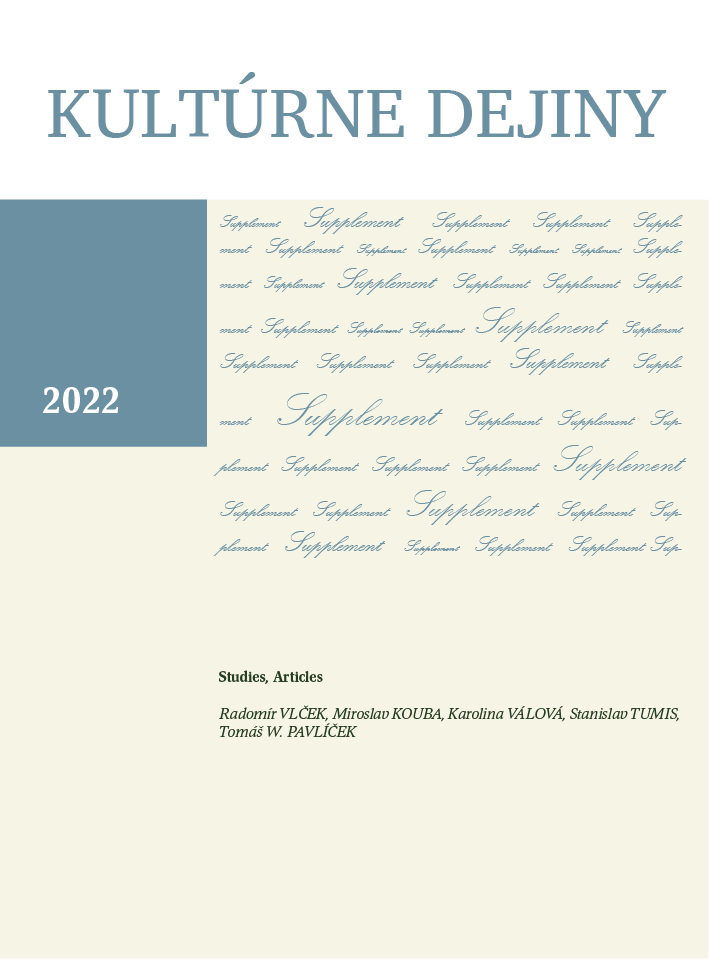Život a tvorba Františka Listopada ve třech nesvobodných systémech
The life and work of František Listopad in three unfree systems
Author(s): Karolina Válová, Karolina VálováSubject(s): History, Cultural history, Political history
Published by: VERBUM - vydavateľstvo Katolíckej univerzity v Ružomberku
Keywords: František Listopad; Nazi occupation; communism; Salazar´s dictatorship; freedom; literature
Summary/Abstract: František Listopad was a Czech poet, novelist, essayist, theatre and television director. In 2021, the Czech Republic together with the entire Portuguese-speaking world commemorated the centenary of his birth. In addition to his extensive work in several languages, he also played a crucial role in a historic revival of Czech-Portuguese cultural relations, for which we are indebted to him. Listopad was a man of three names and several homes. He was born in 1921 in Prague as Jiří Synek. He published his first short stories under this name. During World War II, he was persecuted for his Jewish origins. However, he avoided deportation to a Nazi camp, hid with friends and was active in the resistance as a member of the illegal organization “For Freedom” (Za svobodu). For reasons of secrecy, he changed his name to František Listopad. At the same time he also began to write poetry and literary reviews. After the war, he became a co-founder of the daily Mladá fronta. After initial enthusiasm, he began to criticize the communist regime, mainly for restricting human freedoms. In 1947, he was sent to Paris as an editor of the weekly Parallèle 50. After February 1948, he was ordered to come back to Czechoslovakia, but he did not return. In France, he focused mainly on writing essays and working for the emerging local television. In 1958, he moved to Portugal, where he lived until his death in 2017. Here he chose a different name – Jorge Listopad. Listopad considered Salazar’s authoritarian right-wing regime to be very restrictive, but much freer in many ways than Czechoslovakia of the time; for example, it did not prohibit citizens from travelling abroad. In Portugal, in addition to significant literary work, Listopad devoted himself mainly to theatrical productions. He also became a university teacher. He never moved back to his original homeland to stay there permanently, but after the 1989 Velvet Revolution he often travelled there. He presented his plays there and published collections of poems and short stories. In his literary and theatrical works, František Listopad often existentially reflected the life in three unfree systems: the period of Nazi occupation of Czechoslovakia, communism and Salazar’s dictatorship in Portugal.
Journal: Kultúrne dejiny
- Issue Year: 13/2022
- Issue No: Supplement
- Page Range: 82-98
- Page Count: 17
- Language: Czech

